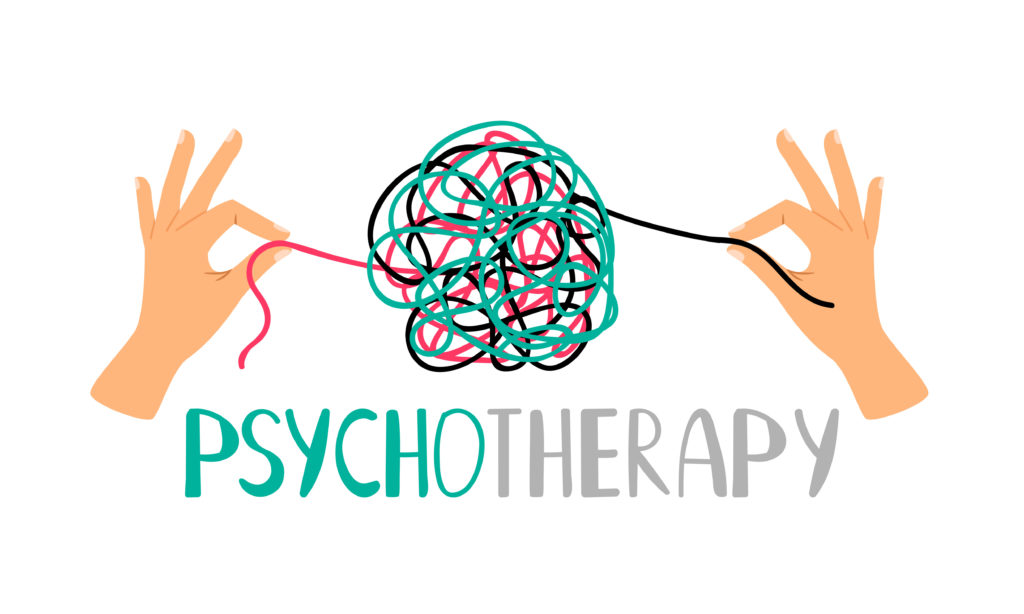
Treatment of mental health problems by talking to a psychiatrist or any mental health provider is known as psychotherapy. Psychotherapy helps an individual to take charge of his or her life and respond to challenges in a healthy manner. It enables people to learn more about their condition, their moods, feelings, thoughts and behaviour and equips them with healthy coping skills.
How can psychotherapy help you?
Psychotherapy is helpful in dealing with many of life’s stresses and conflicts, which can affect any individual. It can help resolve conflicts with one’s partner, or someone else in our life. It can help relieve anxiety or stress due to work or other situations.
Psychotherapy can help you cope with major changes in your life, such as the death of a loved one, loss of a job, or a divorce. It helps in recovering from physical or sexual abuse or witnessing violence, coping with sexual problems, whether physical or psychological and in promoting better sleep, in case you suffer from insomnia. It also enables you to manage unhealthy reactions and aggressive behavior like road rage and come to terms with serious health issues, like prolonged illnesses (diabetes, cancer, or long-term pain).
Although psychotherapy can sometimes be as effective as medicines like antidepressants, it may not be sufficient to deal with a mental health condition. It may have to be combined with other medications or treatment depending on the individual situation.
Psychotherapy can pose a little risk to the individual because it touches upon painful feelings and experiences, making the individual feel uncomfortable. However, our skilled therapist can match the type and intensity of therapy with your requirements and minimize risks. The coping skills that are learnt during the therapy will help the individual manage any negative feelings and fears.
How to prepare yourself
The first important thing to do is to find a good therapist, either from a trusted source, a health insurance plan, or a doctor’s referral. Find out information about the background, education, qualifications, certification and licensing before meeting the psychotherapist.
Sometimes Employee Assistance Programs (EAPs) or employers offer counselling services or you may have to search for a professional association on the internet. Check out the costs involved and if your health insurance offers any coverage for psychotherapy.
Few healthcare plans cover a limited number of psychotherapy sessions per year. Talk to your therapist regarding payment options and consultation fees. Before the first meeting with the psychotherapist review your concerns and prioritize what issues you would like to work on first. This preparation will be a good starting point for your discussion with the therapist.
What does a psychotherapist do?
The term ‘psychotherapist’ is generic and does not show a job title, education, training, or licensure. Most psychotherapists have a master’s or doctoral degree with specific training in psychological counseling. Trained psychotherapists have a variety of job titles depending on their education and role. Medical professionals or doctors who specialize in mental health (also known as psychiatrists) can also prescribe medications and provide psychotherapy. Psychiatrists, psychologists, licensed professional counselors, licensed social workers, licensed marriage and family therapists, other licensed professionals with mental health training are all psychotherapists.
You must ensure that the therapist identified by you meets state certification and licensing requirements for the particular discipline. It is important to find a skilled therapist who can match the type and intensity of therapy with your requirements.
What to expect
Typically, at the first session, the therapist gathers information about you and assesses your requirements. You may need to fill in forms about your current and past physical and emotional health. You can also check whether your therapist’s approach and personality will work for you during the first session. It is important to have a good psychotherapist with whom you feel comfortable for the psychotherapy to have a positive impact. You can find out what type of therapy sessions will be used, what are the goals of the treatment, what is the length of each session, how many therapy sessions you will require, and ask questions or clarify doubts that you may have. However, the therapist may require a few sessions to understand your situation thoroughly and decide on the best course of action.
Starting psychotherapy
Your therapy sessions will last about 45 to 60 minutes each once a week or once a fortnight. They will be carried out either at the psychotherapist’s office or clinic or hospital if you are admitted for treatment.
The number and frequency of the sessions required in each situation differ. It depends on several factors like the particular mental illness, severity of the symptoms, duration of the symptoms, the speed at which progress is made and how much stress the person experiences. It also depends on how much the mental health concerns interfere with the daily routine of the person and how much support is received from family members and others.
Other factors include cost and insurance limitations. A short-term situation may last only a few weeks while a long-term one may last a year or longer. In the case of a long-term mental illness or other long-term concerns, the condition may not get cured. However, the treatment will provide you the strength to cope in a healthy manner and make you feel better about yourself and your life.








